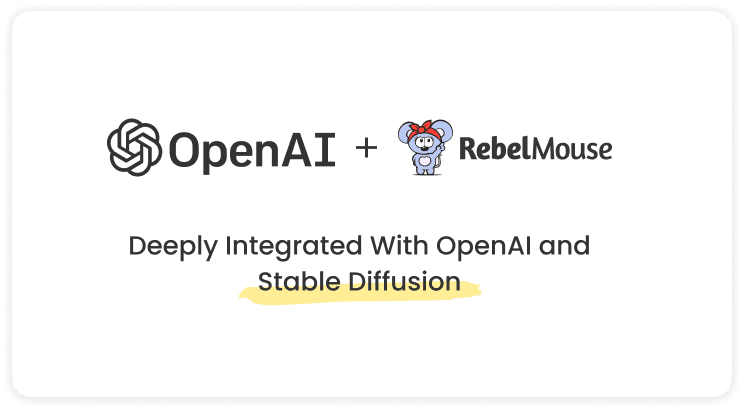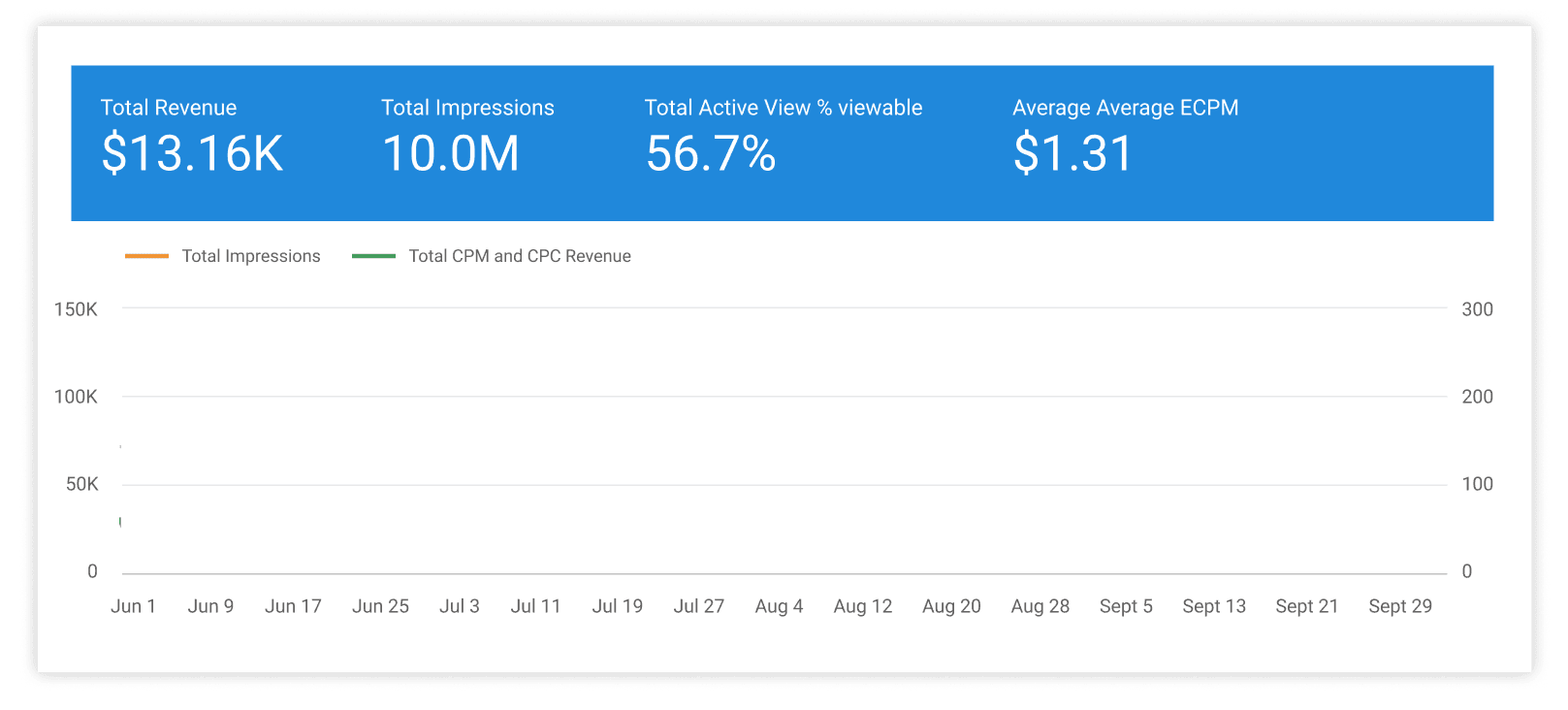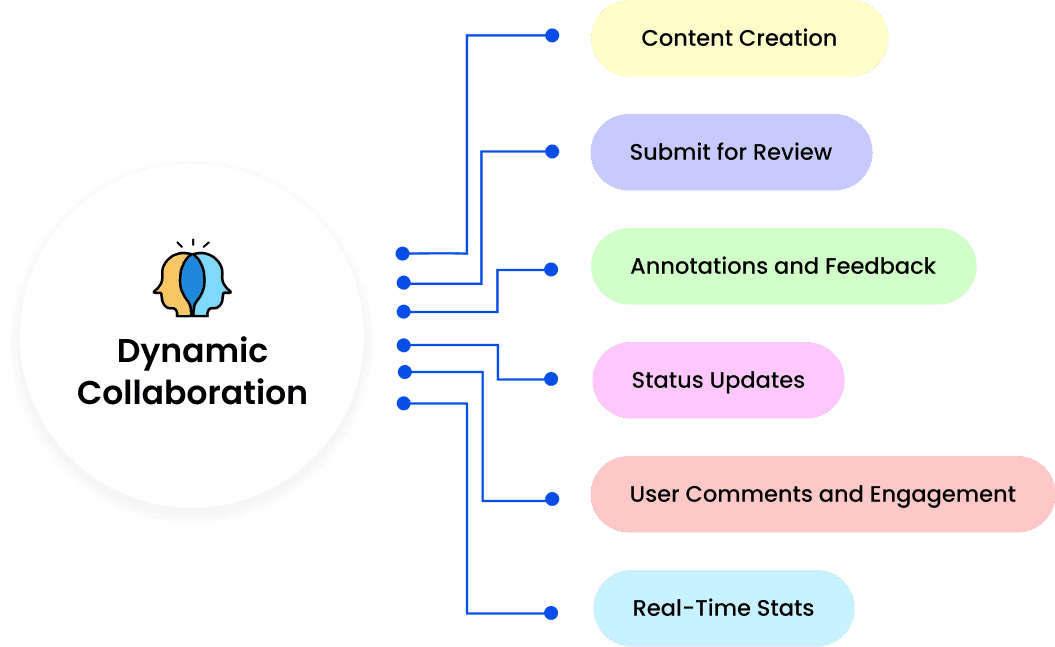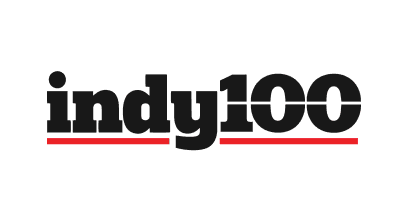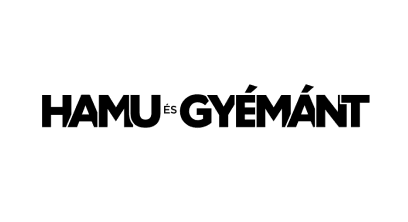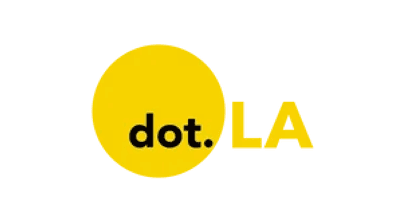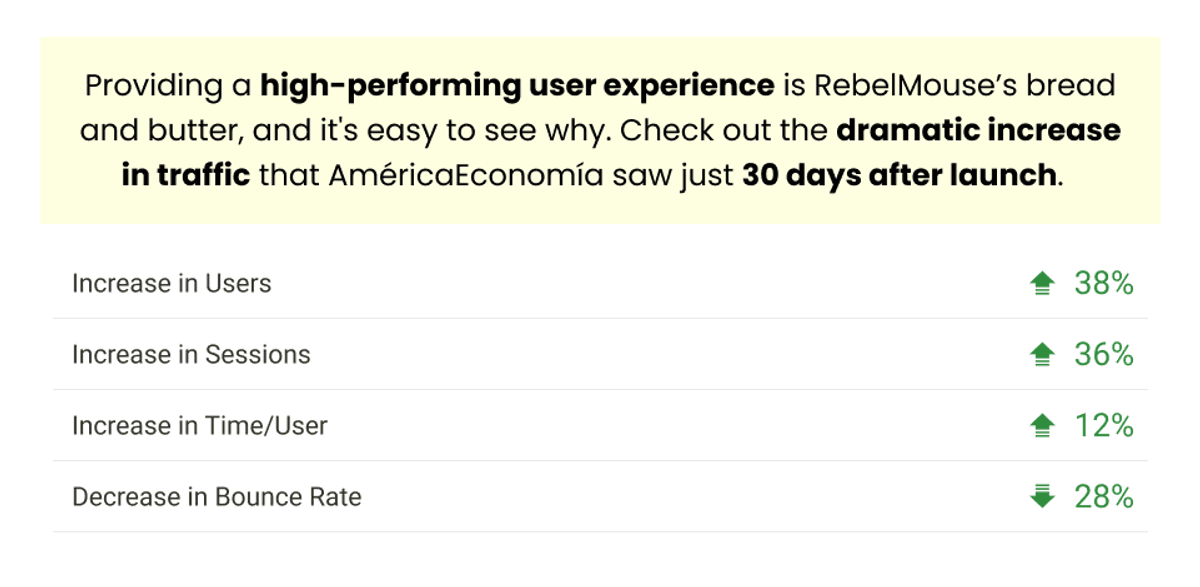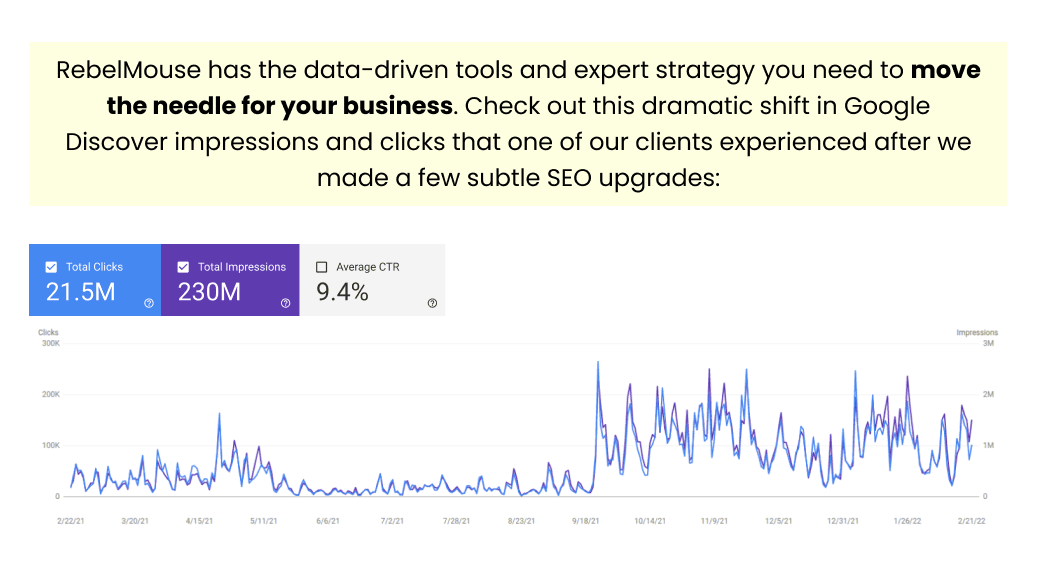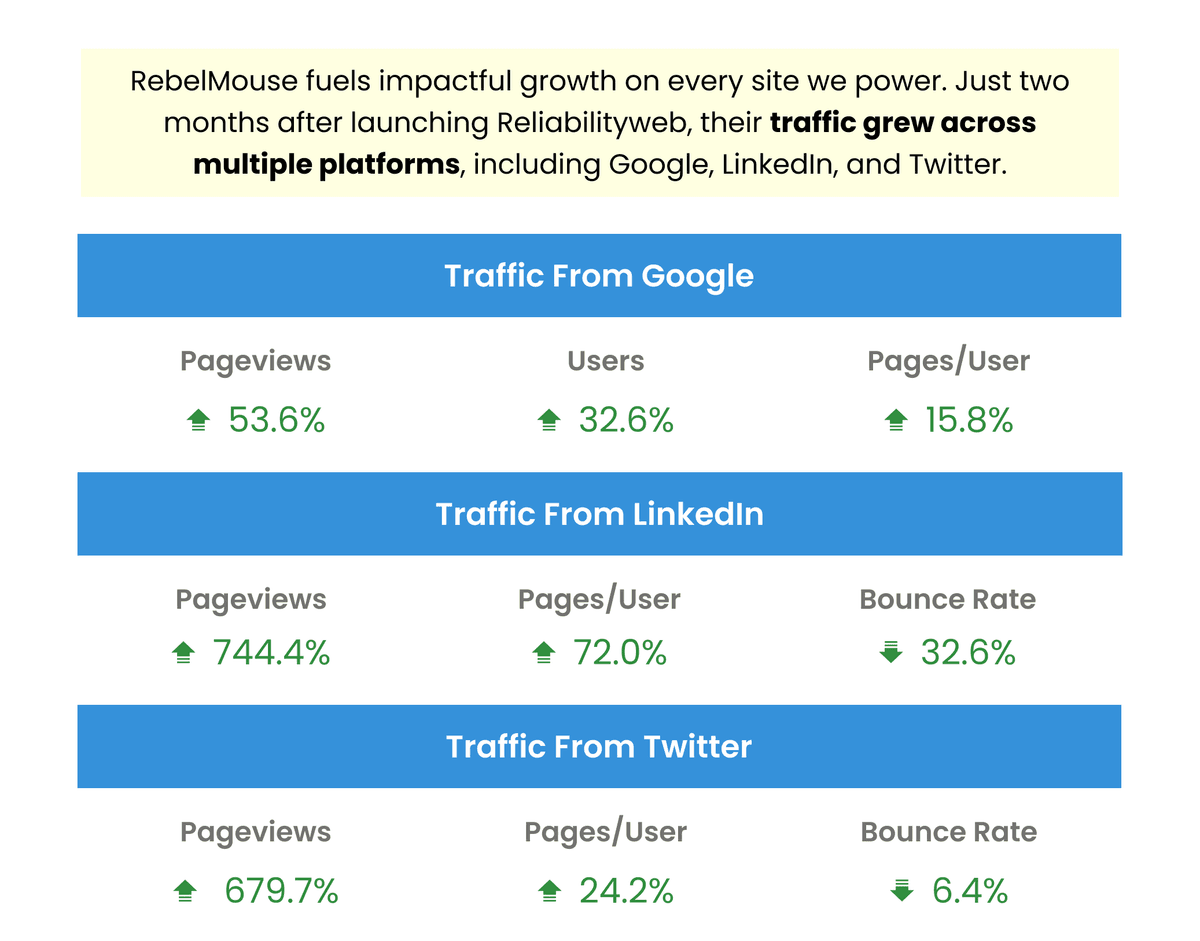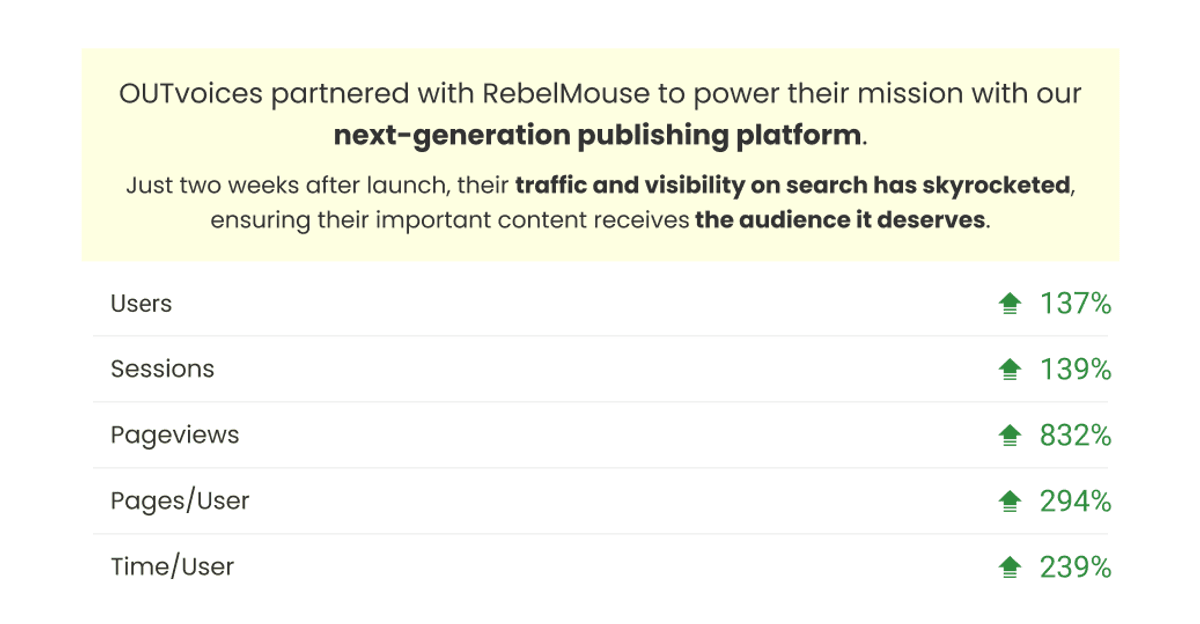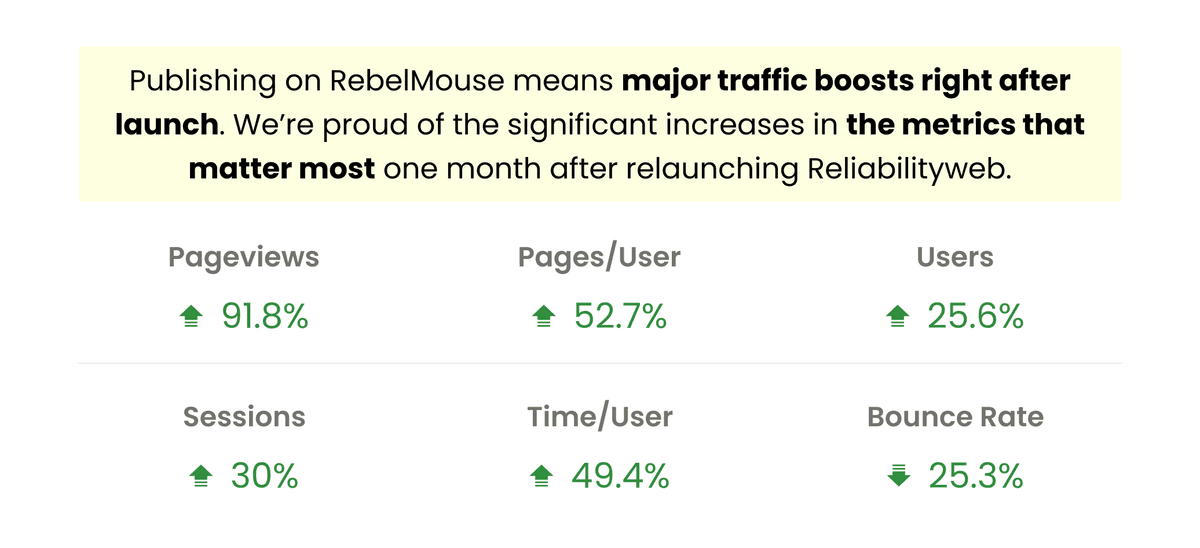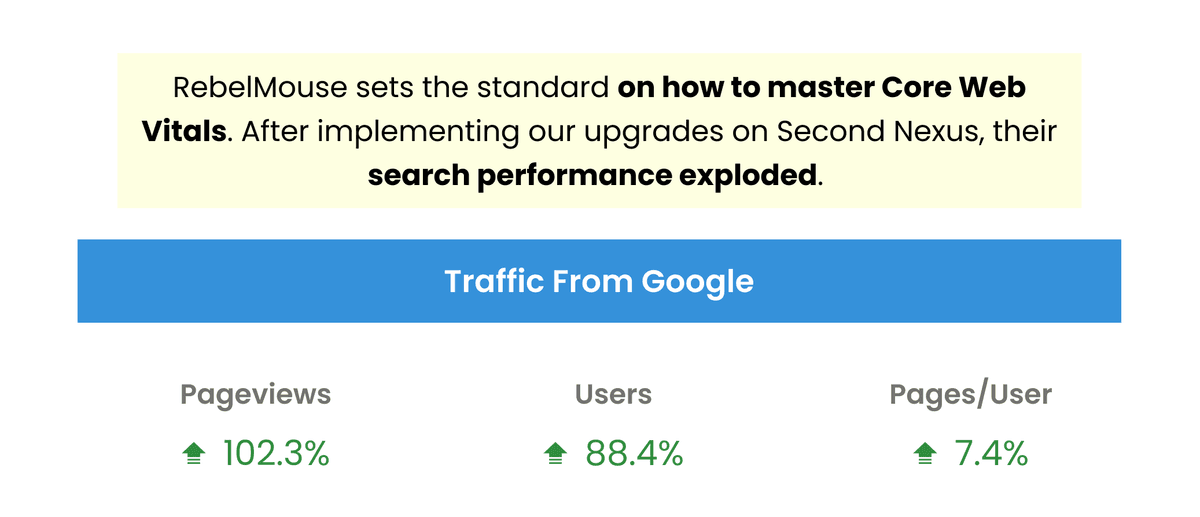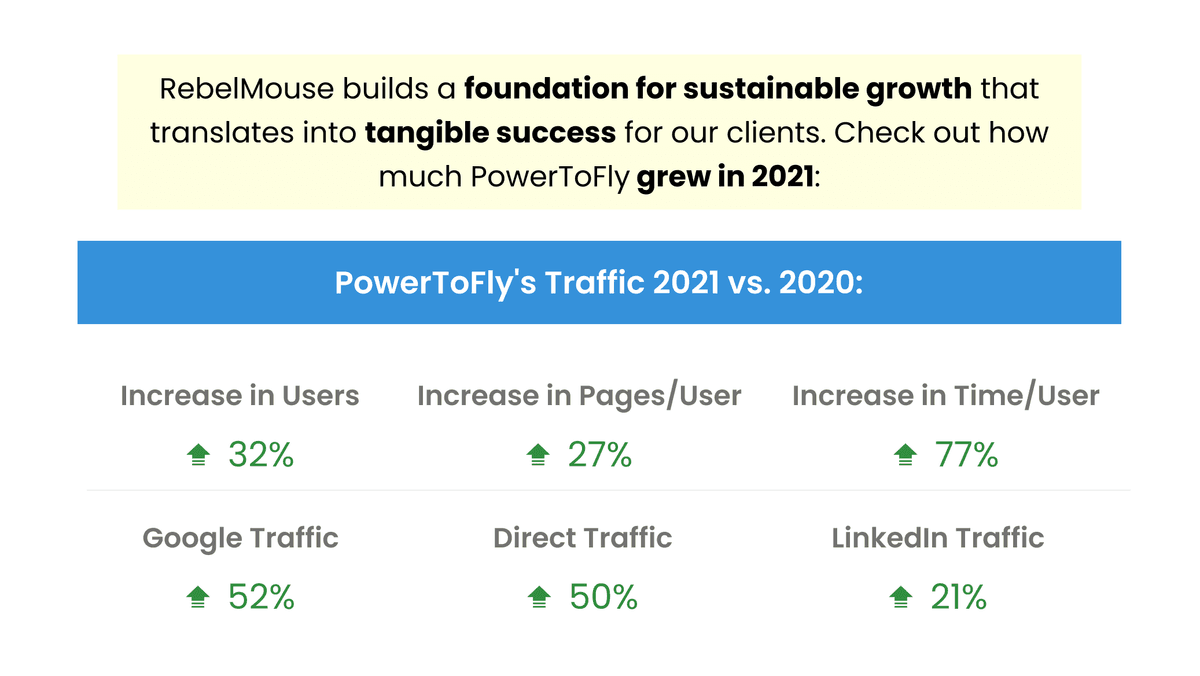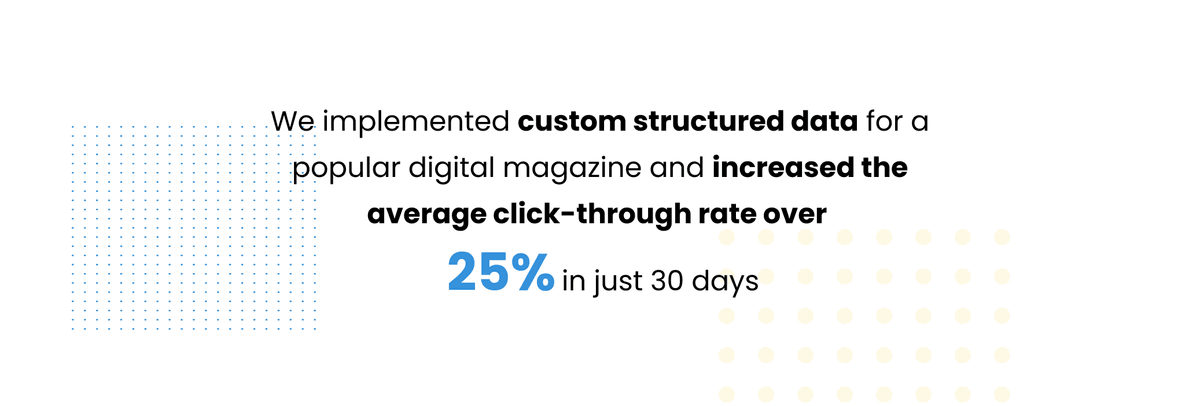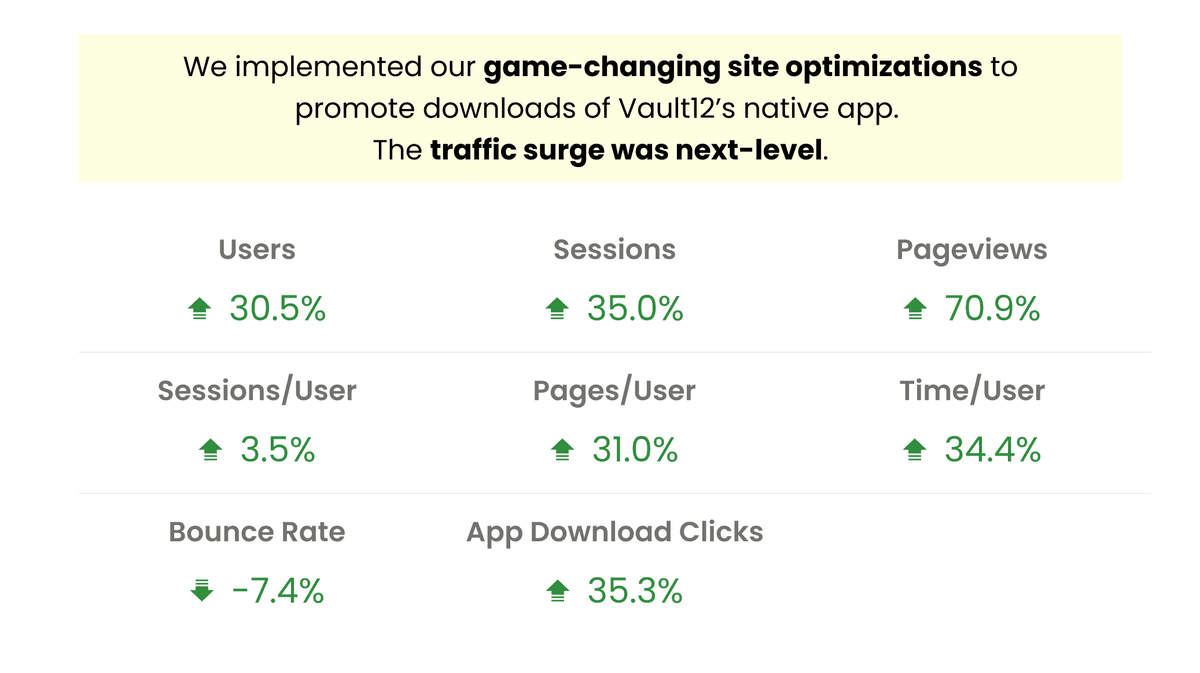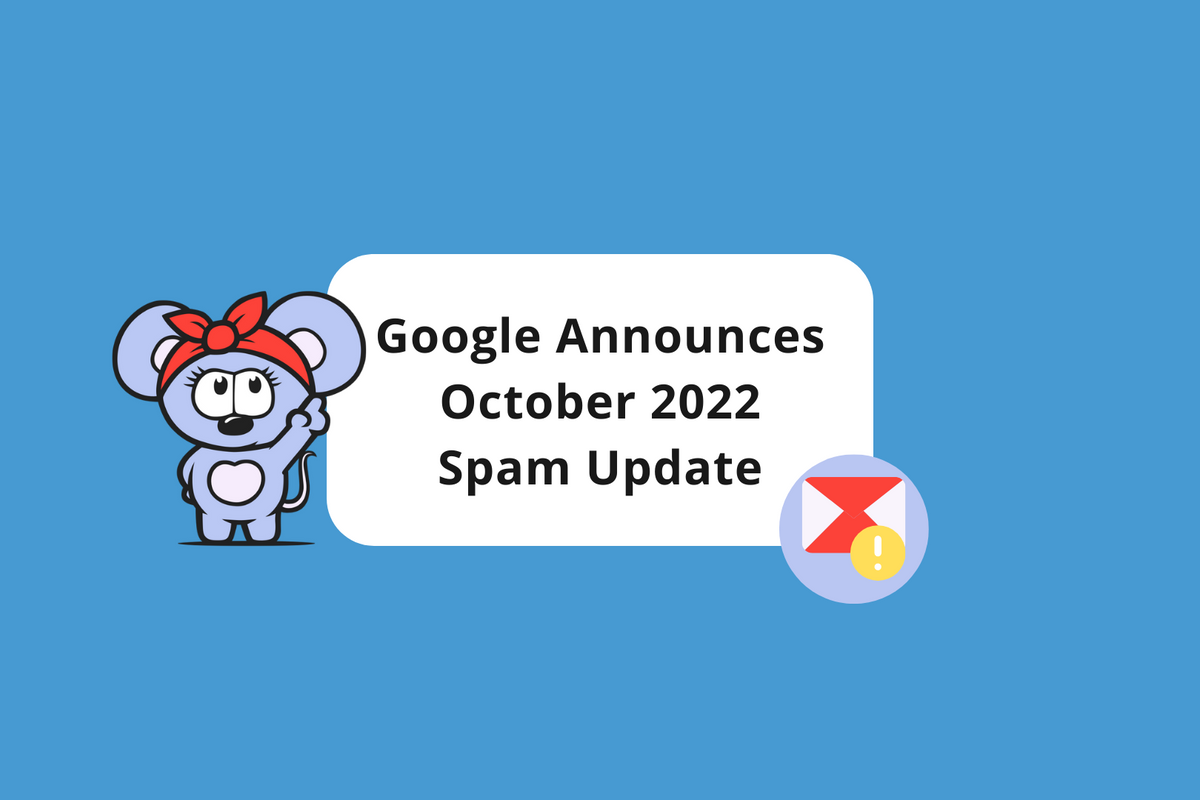
Here’s what you need to know about how to protect your site from spam
At this point, it would just feel weird if we didn’t bring you another update from Google. The search engine’s latest drop in the big bucket of recent updates is the rollout of their October 2022 spam update. Google announced its debut on October 19, 2022, and said that the update will take several days to complete and impact all languages.
\u201cToday we released the October 2022 spam update. Find out more about spam updates at https://t.co/XthD5GF06M . We'll update our ranking release history page when the rollout is complete: https://t.co/sQ5COfvo3J\u201d— Google Search Central (@Google Search Central) 1666191702
According to Google, the automated systems they use to detect spam in search results are constantly running, but when they make notable updates around how they work, the search engine giant will release what’s called a spam update .
What Does Google Consider Spam?
The best thing you can do to prepare your content for a spam update is to review Google’s spam guidelines. Even if you consistently publish quality content with the best intentions, it’s still possible that spam can creep onto your site.
Below are several of the major kinds of spam, as defined by Google :
- Cloaking: Cloaking refers to the practice of presenting different content to users and search engines with the intent to manipulate search rankings and mislead users.
- Doorways: Doorways are sites or pages created to rank for specific, similar search queries. They lead users to intermediate pages that are not as useful as the final destination.
- Hacked Content: Hacked content is any content placed on a site without permission, due to vulnerabilities in a site's security. Hacked content gives poor search results to users and can potentially install malicious content on their machines.
- Hidden Texts and Links: Hidden text or links is the act of placing content on a page in a way solely to manipulate search engines and not to be easily viewable by human visitors.
- Keyword Stuffing: Keyword stuffing refers to the practice of filling up a web page with keywords or numbers in an attempt to manipulate rankings in Google Search results. Often these keywords appear in a list or group unnaturally or out of context.
- Link Spam: Google uses links as an important factor when determining the relevancy of web pages. Any links that are intended to manipulate rankings in Google Search results may be considered link spam. This includes any behavior that manipulates links to your site or outgoing links from your site.
- Machine-Generated Traffic: Machine-generated traffic consumes resources and interferes with the ability to best serve users.
- Malware and Malicious Behaviors: Google checks websites to see whether they host malware or unwanted software that negatively affects the user experience.
- Misleading Functionality: Some site owners intend to manipulate search rankings by intentionally creating sites with misleading functionality and services that trick users into thinking they would be able to access some content or services but in reality cannot.
- Scraped Content: Some site owners base their sites around content taken (or "scraped") from other, often more reputable sites. Scraped content, even from high-quality sources, without additional useful services or content provided by your site, may not provide added value to users.
- Sneaky Redirects: Redirecting is the act of sending a user to a different URL than the one they initially requested. Sneaky redirecting is doing this maliciously in order to either show users and search engines different content or show users unexpected content that does not fulfill their original needs.
- Spammy Automatically Generated Content: Automatically generated (or "auto-generated") content is content that's been generated programmatically without producing anything original or adding sufficient value. Instead, it's been generated for the primary purpose of manipulating search rankings and not helping users.
- Thin Affiliate Pages: Thin affiliate pages are pages with product affiliate links in which the product descriptions and reviews are copied directly from the original merchant without any original content or added value.
- User-Generated Spam: User-generated spam is spammy content added to a site by users through a channel intended for user content. Often site owners are unaware of spammy content.
Again, be sure to read Google’s full spam policies for more information and examples on each kind of spam, as well as other types of behaviors that qualify as spam.
How Do I Protect My Site From Spam?
If you notice any dramatic changes to your web traffic during the rollout of the October 2022 spam update, your site may have been impacted. Luckily, if you produce quality content that adds value to your readers, you likely won’t have to worry too much about Google marking your site as spam. However, it’s important to remember that Google’s spam policies target hackers and evildoers who infiltrate well-meaning sites with spam.
So, that means if your site is not secure, it could be vulnerable to spam. If you feel like your traffic may have been impacted by this update, check for any potential security breaches.
Invest in Safe, Worry-Free Publishing
Hacking events that impact thousands of sites that you come across in the news usually occur on centralized content management systems (CMS). It makes sense, too. There are millions of instances of these types of software that live on the web, and every security update and feature upgrade — no matter how big or small — has to be manually performed for each individual site to avoid breaking custom code, plugins, and more.
This isn't an issue on RebelMouse. We are an enterprise-level CMS that deploys all of our updates quickly and at once to every site we power. We often deploy multiple updates on a daily basis with zero interruption to our site network.
Delivering a secure, high-performing environment with extreme reliability is essential to all of our clients at RebelMouse. We only use industry-leading, reliable approaches to host our infrastructure. This ensures maximum stability and security for all of our clients’ data.
You won’t have to worry about bad actors creeping spam into your site if you publish on RebelMouse. Click here to read more about how we are the most secure CMS on the web.
Ready for stress-free publishing? Request a proposal today and let’s start working together.
























